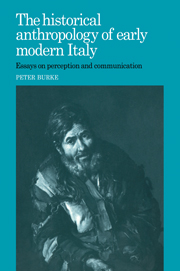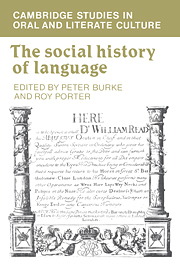Languages and Communities in Early Modern Europe
Part of The Wiles Lectures
- Author: Peter Burke, University of Cambridge
- Date Published: September 2004
- availability: Available
- format: Hardback
- isbn: 9780521828963
Hardback
Other available formats:
Paperback, eBook
Looking for an inspection copy?
This title is not currently available on inspection
-
In this magisterial study, Peter Burke explores the social and cultural history of the languages spoken or written in Europe between the invention of printing and the French Revolution, arguing that, from a linguistic point of view, 1450 to 1789 should be regarded as a distinct period. One major theme of the book is the relation between languages and communities (regions, churches, occupations and genders as well as nations) and the place of language as a way of identifying others as well as a symbol of one's own identity. A second, linked theme is that of competition: between Latin and the vernaculars, between different vernaculars, dominant and subordinate, and finally between different varieties of the same vernacular, such as standard languages and dialects. Written by one of Europe's leading cultural historians, this book restores the history of the many languages of Europe in a large variety of contexts.
Read more- Places the history of the many languages of Europe in their cultural, social and political contexts
- Examines the relationship between languages and communities
- Written by a renowned historian of international repute
Reviews & endorsements
'… a historian of the first rank, a prolific pioneer of the study of 'cultural history'. This typically brilliant survey of European languages between the invention of printing and the French Revolution began as a series of lectures at Queen's University Belfast … This is serious history deserving of a wide readership.' BBC History
See more reviews'Peter Burke paints a broad canvas with assurance and virtuosity …' The Times Higher Education Supplement
'This is a rich and illuminating book, full of insight and often surprising detail. Its strengths lie above all in its diversity - in Burke's ability to offer a close-up of, say, the colonial presence of Portuguese or the decline of Catalan, while also moving happily among a whole range of different languages and writers. … rewarding and insightful …' Journal of Multilingual & Multicultural Development
Customer reviews
Not yet reviewed
Be the first to review
Review was not posted due to profanity
×Product details
- Date Published: September 2004
- format: Hardback
- isbn: 9780521828963
- length: 226 pages
- dimensions: 229 x 152 x 14 mm
- weight: 0.47kg
- availability: Available
Table of Contents
Prologue: communities and domains
1. 'Speak, that I may see thee': the discovery of language in early modern Europe
2. Latin: a language in search of a community
3. Vernaculars in competition
4. Standardizing languages
5. Mixing languages
6. Purifying languages
Epilogue: languages and nations
Appendix.
Sorry, this resource is locked
Please register or sign in to request access. If you are having problems accessing these resources please email [email protected]
Register Sign in» Proceed
You are now leaving the Cambridge University Press website. Your eBook purchase and download will be completed by our partner www.ebooks.com. Please see the permission section of the www.ebooks.com catalogue page for details of the print & copy limits on our eBooks.
Continue ×Are you sure you want to delete your account?
This cannot be undone.
Thank you for your feedback which will help us improve our service.
If you requested a response, we will make sure to get back to you shortly.
×
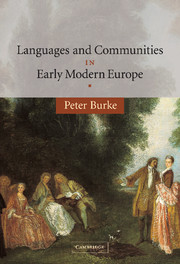
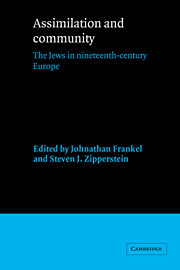
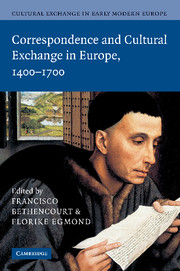
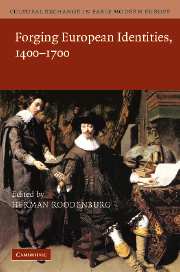
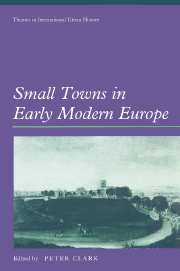
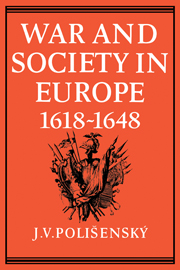

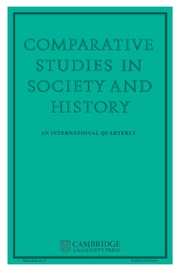
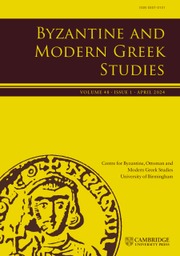
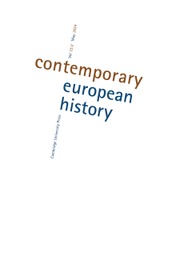

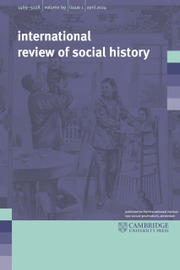
.jpg)
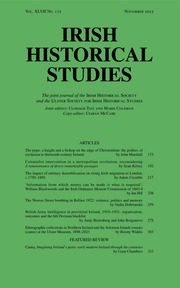
.jpg)
